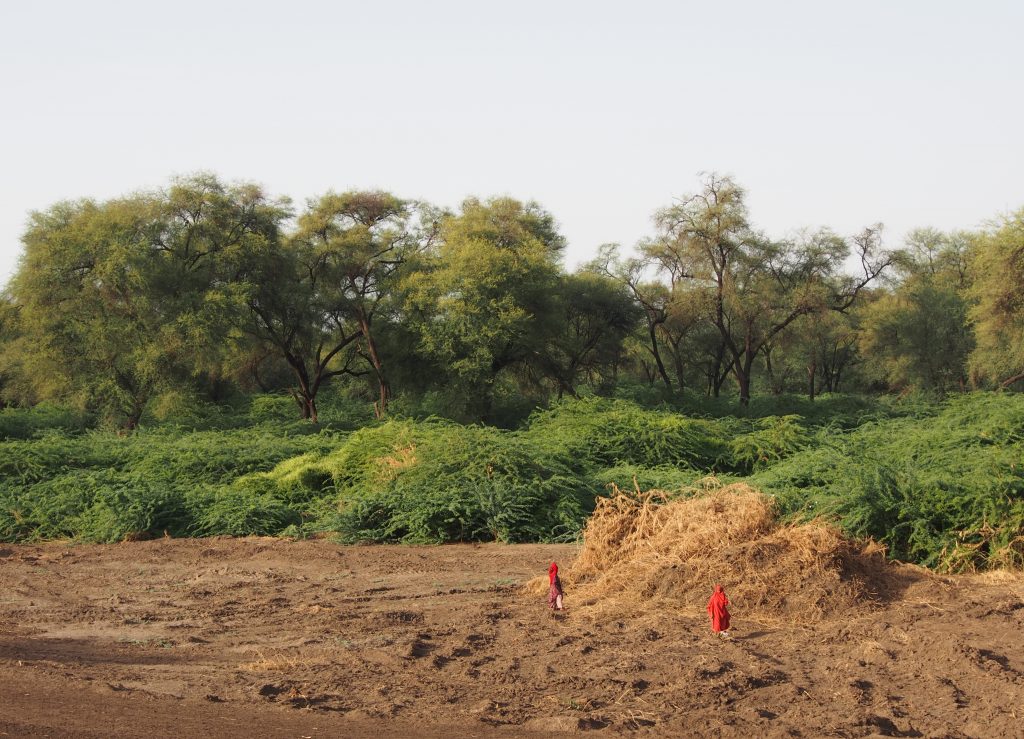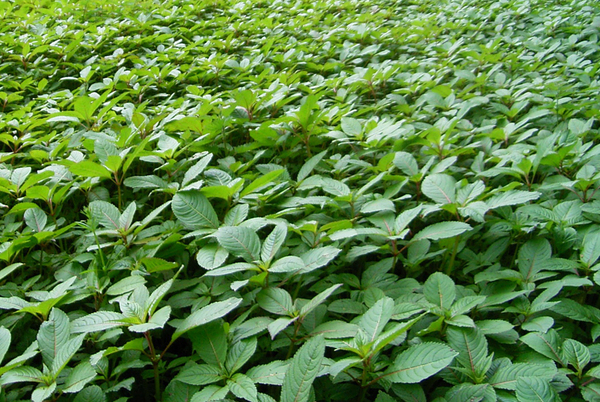Collaborative effort in Kenya to manage the impact of scale insect in coastal region
By Fernadis Makale, CABI Scale insects – such as the coffee mealybug and cassava mealybug – are some of the least studied group of invertebrates in East Africa. However, a collaborative effort has been made to address the threat they pose to smallholder farmers: despite their cross-cutting status as pests in all plant groups, crops,…
New study reveals the massive ecological and economic impacts of woody weed invasion in Ethiopia
CABI scientists have revealed the massive ecological and economic impacts that the invasive alien tree Prosopis juliflora has had across the Afar Region of north eastern Ethiopia. Dr Urs Schaffner, who is supervising lead author Mr Hailu Shiferaw for his PhD studies, contributed to the Science of The Total Environment published research which shows that the…
Classical biological control of Drosophila suzukii with Asian parasitoids
The soft-fruit pest Drosophila suzukii, or spotted-wing drosophila (SWD), is particularly difficult to control because of its short generation time and its very broad host range, including many wild and ornamental plants. The pest has been causing damage to fruit crop in Europe as well as North America where damages costing $500million were reported in…
The economic impact of invasive species on Great Britain revealed
A report, written by CABI for the Scottish government, Defra and the Welsh Assembly Government, estimates the cost of invasive non-native species to Great Britain in unprecedented detail. Invasive non-native species can have wide-ranging effects on biodiversity, crop production and people’s livelihoods. A better understanding of the negative impacts of invasive species will help to…




